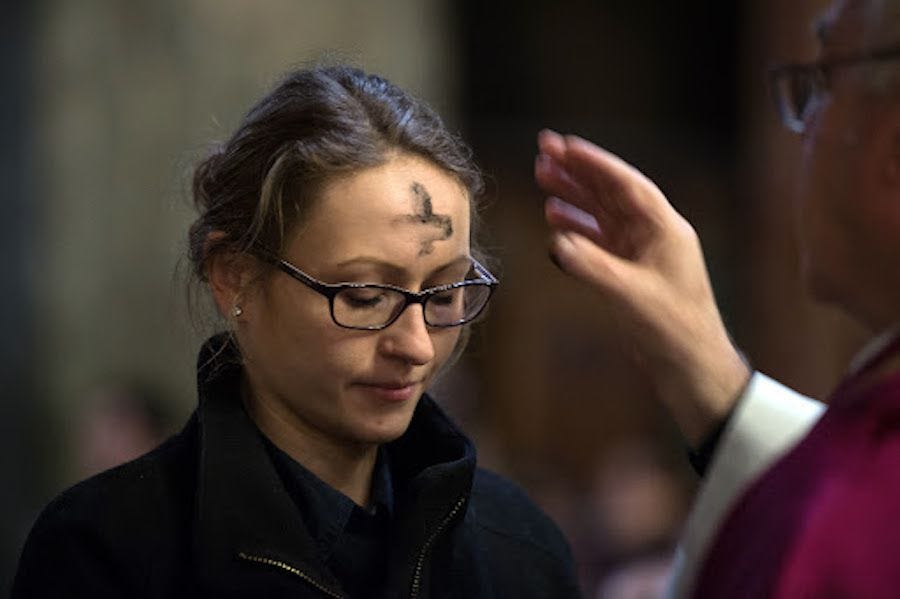The ‘whole point of Lent’: Bishop Erik Varden on finding God this Lent
Bishop Erik Varden says Lent is 'such a precious time.' Here's why.

Lent has a habit of sneaking up on us. We’ve barely finished the Christmas leftovers and taken down the last strand of tinsel when Ash Wednesday pops up on the calendar.
Often there isn’t much time to prepare for the 40-day season of prayer, fasting, and almsgiving, beyond a hasty resolution to give up something — alcohol, fast food, Twitt…
